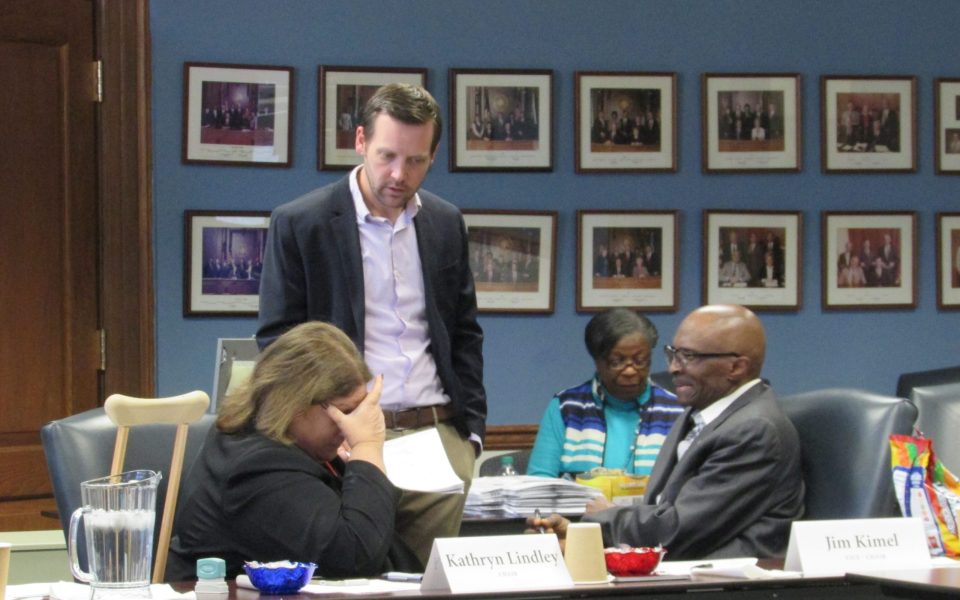How do you hold an election in the coronavirus era?
And how do you write about anything these days without using the phrase “the coronavirus era,” or, even better, “the age of the coronavirus”?
Anyhow….
Since the 2016 election, our editorial board has retreated from the prognostication business, yet it was still our official position, as of a month ago, that the default for the outcome of the 2020 presidential election is four years of Trump — unless, we hedged, and I quote, “something extraordinary happens.”
Something extraordinary has indeed happened. But we’re still not convinced.
For one, the candidate for the opposing party is the lowest-hanging fruit of them all, Joe Biden, who has been running for president since the 1980s.
This is ironic because the policies of Sen. Bernie Sanders — specifically universal healthcare, a generous safety net and equal access to free education — would come in awfully handy right now. You know, in the age of the coronavirus.
And while the Republican faithful may have lost a few of their numbers since President Trump started doing his nightly tributes to himself, the rest will fall in line dutifully in November. Over on the other side, Biden is having a #metoo moment after one of his former aides, Tara Reade, accused him of sexual assault.
The Times deconstructed the story well enough for readers to come to their own decisions about these accusations, which have yet to be resolved. But it’s enough to satisfy anyone looking for a reason not to vote for Biden.
The ones who will withhold their vote from Biden will either sit this one out, switch to the Green Party or perhaps even vote for Trump, whose history of sexual aggression against women goes back several well documented decades. This is also ironic. Either way, most roads lead back to the Donald.
And all of this supposes that we will have a fair and free election in November, that states can either get mail-in ballots together or create opportunities for safe, in-person voting.
Wisconsin’s primary, held last week, shows us what that might look like: an protracted process, with results trickling in over days instead of hours. Turnout was down by a third from the 2016 primary, and about 80 percent of the votes were cast by absentee ballot, which in North Carolina has been a breeding ground for election fraud.
In the coronavirus age, just pulling off an election is an extraordinary event.
Join the First Amendment Society, a membership that goes directly to funding TCB‘s newsroom.
We believe that reporting can save the world.
The TCB First Amendment Society recognizes the vital role of a free, unfettered press with a bundling of local experiences designed to build community, and unique engagements with our newsroom that will help you understand, and shape, local journalism’s critical role in uplifting the people in our cities.
All revenue goes directly into the newsroom as reporters’ salaries and freelance commissions.


Leave a Reply